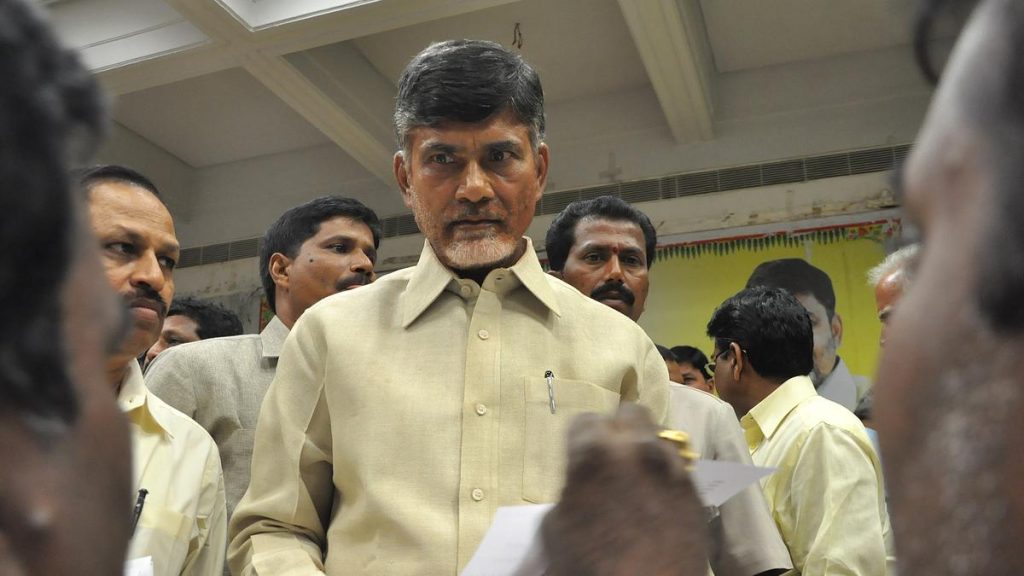Now Reading: Ballari Officials Asked to Brace for Potential Floods
-
01
Ballari Officials Asked to Brace for Potential Floods
Ballari Officials Asked to Brace for Potential Floods
Speedy Summary:
- Flood preparedness: Ballari Deputy commissioner Prashant Kumar Mishra chaired a District Disaster Management Authority (DDMA) meeting on july 8, discussing measures to tackle potential floods caused by heavy rainfall and increasing outflows from the Tungabhadra dam.
- Tungabhadra Reservoir update: Reservoir currently holds 76.731 tmcft of water with inflows of 54,550 cusecs and outflows at 61,645 cusecs.Flood-prone bridges will submerge only if discharge crosses 1,00,000 cusecs.
- Affected areas and measures: Vulnerable villages in Kampli and Siruguppa taluks highlighted; temporary relief centers being prepared for emergencies.
- Kharif crop concerns: Agriculture reports show a critically important rainfall deficit-49% in June, 45% so far in July-but forecast indicates possible upcoming rains. Sowing activities have begun for cotton, corn, tur crops.
- SDRF project updates: District officials reviewed disaster response projects under the State Disaster Response Fund during the meeting.
- Administrative instructions: Daily inspections ordered for flood-prone areas with proactive steps demanded to protect lives,livestock,crops.Field-level data gathering directed to monitor rainfall deficits.
Indian Opinion Analysis:
The situation around the Tungabhadra reservoir underscores the delicate balance between monsoon dynamics and disaster management planning in India. The proactive approach taken by district authorities-by setting up relief centers early and issuing safety advisories-reflects commendable readiness efforts amidst unpredictable natural events. However, recurring deficits in pre-monsoon rainfall call attention to broader environmental challenges affecting agricultural cycles crucial to rural livelihoods.
While infrastructure like bridges near Kampli remains resilient unless faced with extraordinarily high discharge levels (1 lakh cusecs), ongoing vulnerability demands sustained investment in robust flood prevention systems and also long-term irrigation planning solutions.
Good governance is evident through multi-department coordination via SDRF reviews but ensuring smooth execution without delays or gaps becomes critical when disasters strike communities dependent on agriculture-a sector already strained by erratic weather patterns this year.Read More: Link

























